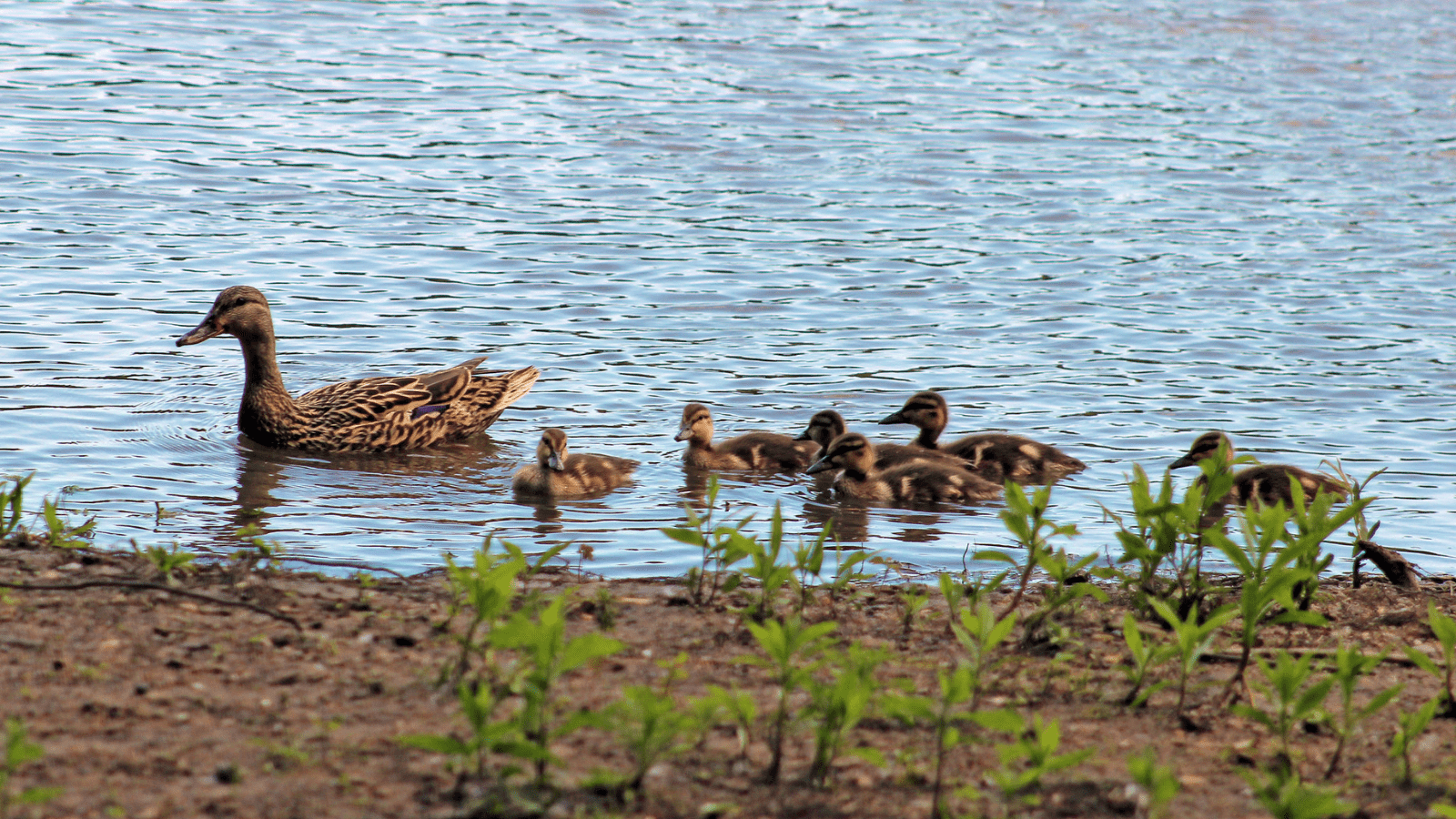We have much more to do and your continued support is needed now more than ever.
The Mississippi Blues

Ain’t nothing like a good down-home southern band playing some good ol’ southern music along the river. Imagine sitting outside under your favorite tree, listening to your favorite hometown artist strumming their guitar and filling your ears with a sweet, sweet melody. All of your family and friends watching a family of ducks swim across the river with their babies following close behind as you sway to the music drinking your favorite sweet tea.
I bet you can picture that warm sticky southern late afternoon just as sure as you can see your face in the mirror.
Now, picture it gone, in an instant, the smell of that sweet tea replaced by another odor that is nowhere near as sweet. Those baby ducks and their mother vanished, never to be seen again. That big beautiful tree, now floating in the part of the river that used to be a lush section of grass that you would sit on and enjoy the music. There is no music because there is no land for the band to play on, all of it gone.
How is this possible? How did the big beautiful tree end up floating sideways in a river that used to be stopped by land that is now gone?
Erosion.
The Mississippi River is singing a blues song of its own these days; heavy flooding, loss of wildlife habitat, unsafe drinking water, and of course, erosion accelerated by climate change and years of natural infrastructure being destroyed and left unreplaced. Leaving Mayors in cities like Baton Rouge, New Orleans, and Jackson leaning on their fellow Mayors in the African American Mayors Association for help to find funding and getting the message of river restoration to congress.
Same Song, Different Chorus

Up North, right near Chicago, a big beautiful body of blue water, 5 to be exact, experiencing a similar song to the mighty Mississippi, now equipped with the funding needed to change its tune.
The Great Lakes, stretching 94,600 square miles, making them the largest freshwater system in the world, are also being impacted by climate change. The effects in the Great Lakes regions include increased droughts, erosion, and flooding. Bordered by eight U.S. states—Illinois, Indiana, Michigan, Minnesota, New York, Ohio, Pennsylvania, and Wisconsin, as well as the province of Ontario, Canada, they provide fresh drinking water for 30 million people in the U.S. and Canada.
Like the Mississippi River, the Great Lakes have millions of people depending on them for drinking water, economic growth and sustainability, tourism, and of course, are home to many different kinds of wildlife.
The Great Lakes Restoration Initiative introduced in 2010 will help the Lakes protect natural wildlife, combat erosion, and protect drinking water through federal money. While more money is needed to do the major work to truly take on climate change, this is a start.
While these bodies of water may be experiencing similar issues, singing the same song against climate change, the Mississippi River has a slightly different chorus, the same critical funding is needed for the river and the National Wildlife Federation is belting along with them.
A New Song
The Mississippi River Restoration and Resilience Initiative (MRRRI Act), introduced by Congresswoman Betty McCollum (MN-04), will create wildlife habitat, improve drinking water quality and help with flooding.
In short, MRRRI will have you back under that tree, sipping your tea and swaying to the music. Not only you, but your children and your children’s-children, that is—to paraphrase a popular song and switch out a lyric or two—if congress is willing (to pass MRRRI) and the river don’t rise in the process (of waiting).
That’s right, with the proper funding, we can all be singing a new song! Just like the beautiful blue Great Lakes that will stay that way thanks to crucial funding, we want to sing about the Mississippi River being blue-protected and invested in too.
TAKE ACTION




















